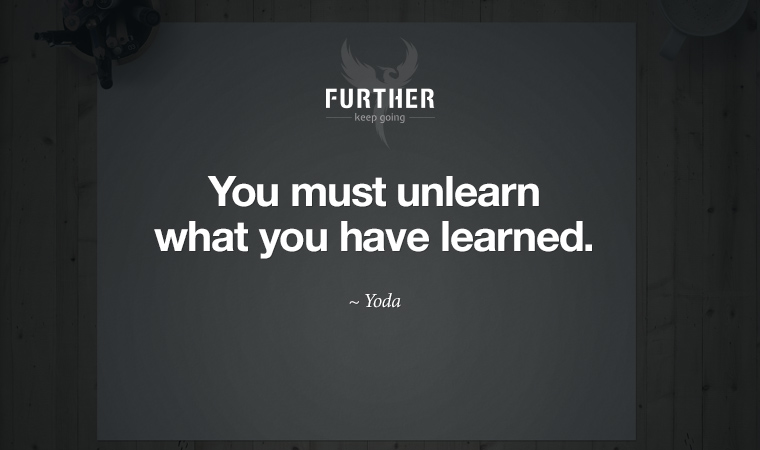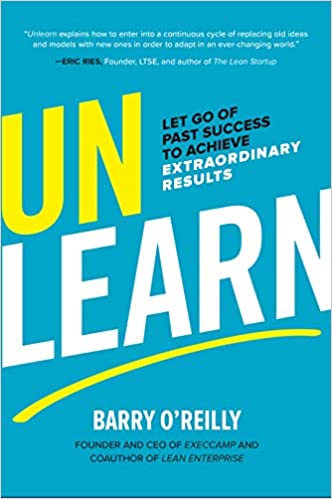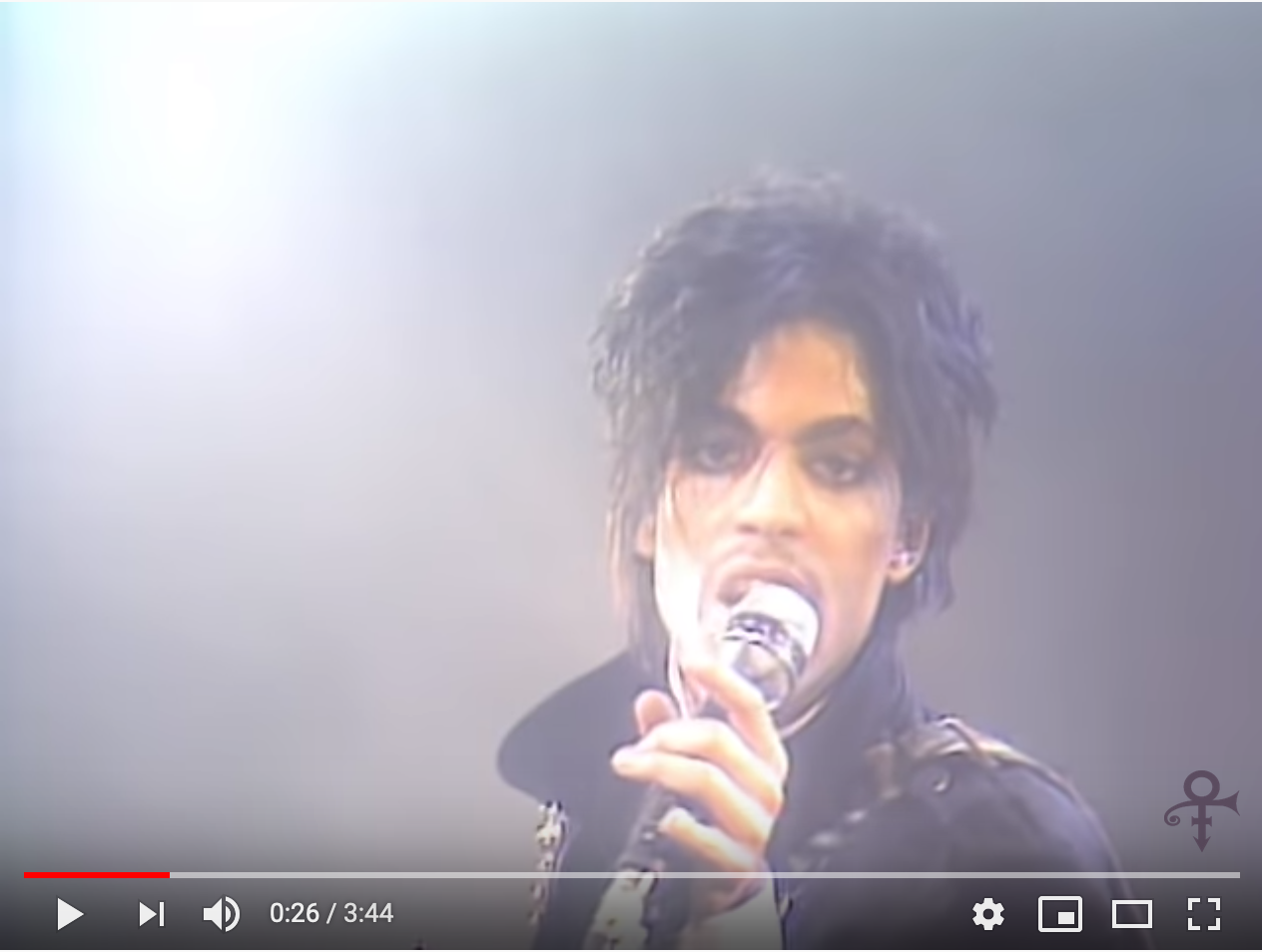
We kicked off 2020 talking about change. About how we were all going to have to adapt to faster and weirder change thanks to emerging exponential technologies.
And that was before the pandemic hit. Now, things have already changed drastically, and all of the other predicted aspects of work life in the 2020s are going to accelerate thanks to massive business disruption.
There’s no choice but to adapt. We already knew we were in for lifelong learning in order to survive and thrive in a rapidly evolving business environment. And it’s no surprise that resilient Gen Xers who have been laid off are ready and willing to reskill.
But it’s not just about learning new things. It’s also about unlearning our old ways that we’ll be tempted to cling to. This already happens with employee training and education programs, where billions are spent every year to teach workers new skills — with dubious results.
Yes, you have to learn, but first you have to unlearn. You have to hit “reset” on the way you think in order to think and perform better.
This week, I managed to pull myself out of my own personal funk and write something on the topic. Hope it helps:
Reset Your Thinking for Breakthrough Success
Down below, discover a painless way to become more disciplined. And in the Flashback, we celebrate His Royal Badness four years after his untimely passing.
Keep going-
P.S. Did someone forward this issue of Further to you? We’d love to have you join us by signing up here.
further: books
Unlearn: Let Go of Past Success to Achieve Extraordinary Results
 When you begin to rely on past achievements or get stuck in outdated thinking and practices that no longer work, you need to take a step back — and unlearn. Author Barry O’Reilly shows you how to break the cycle of behaviors that were effective in the past but are no longer relevant in the current business climate, and now limit or may even stand in the way of your success. (Amazon)
When you begin to rely on past achievements or get stuck in outdated thinking and practices that no longer work, you need to take a step back — and unlearn. Author Barry O’Reilly shows you how to break the cycle of behaviors that were effective in the past but are no longer relevant in the current business climate, and now limit or may even stand in the way of your success. (Amazon)
When you buy a book through us, we get a store credit to buy more books. Thank you!
A Guide to Developing Painless Discipline

By Trudi Roth
If you want perspective on human behavior, take a trip to the grocery store for some quarantine shopping. Standing in, say, a quarter-mile, hour-long line, it’s easy to see who’s practicing discipline — and who isn’t.
This isn’t an indictment on the bare-faced, gloveless meanderers who, once in the store, pull up right next to you to grab a can of beans. Well, maybe it is a little bit.
But it’s also an observation about how hard it is to break habits. Even though social distancing is proved to save lives and, in many states, wearing a mask in public is a legal requirement, plenty of people are blowing it off.
After all, the new guidelines are awkward, hard to stick to, and frankly, a pain in the ass. But then again, so are a lot of things that are in your best interest.
Improved self-control will help us now, and into the future. But does it have to be painful?
Reframing restraint
Behind every successfully achieved goal or habit is discipline. But wrapped up in that word is also punishment, which can make committing to a new practice feel like a joyless prospect.
Better to take on a Buddhist view of discipline, which removes severity and frames it as a structure to help you let go of behaviors that no longer serve you. As Pema Chödrön puts it in When Things Fall Apart: Heart Advice for Difficult Times:
What we discipline is not our “badness” or our “wrongness.” What we discipline is any form of potential escape from reality. In other words, discipline allows us to be right here and connect with the richness of the moment.
The downfall of willpower is not that it can be depleted, but instead, that emotions can easily sabotage it. Present moment awareness allows feelings to exist without letting them call the shots.
Embrace implementation intentions
To lead a healthier, safer, less stressful life, you’ve got to make conscious choices. When you set goal intentions, you’re dealing with the destination, not the journey. Implementation intentions, on the other hand, help you predetermine the details:
Going in with a plan will help give you the mindset and the self-control necessary for the situation. You will also save energy by not having to make a sudden decision based on your emotional state.
All you need are simple if/then statements, like “If I’m in a store, then I’ll avoid packed aisles,” or “If I grab my keys to go out, then I’ll put on a mask.” Take that last line out of context, and you’ve got the mantra of a modern-day superhero. While self-discipline is a commitment to serve yourself, it’s most impactful when it also helps serve the best interests of others.
10 Powerful Ways to Master Self-Discipline (Entrepreneur)
further: flashback

Prince – Controversy
Controversy, 1981
It’s been four years this week that Prince left us, and it’s still hard to believe. Before 1999 and Purple Rain made His Royal Badness a global superstar, it was Controversy that hooked me as a fan. (YouTube)
further: sharing
Please forward this issue of Further to a friend. Thank you!
